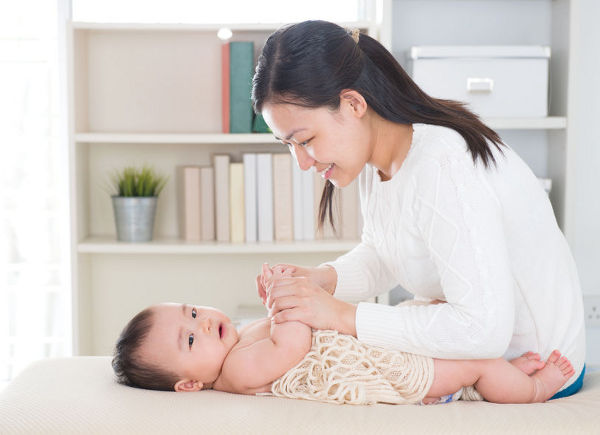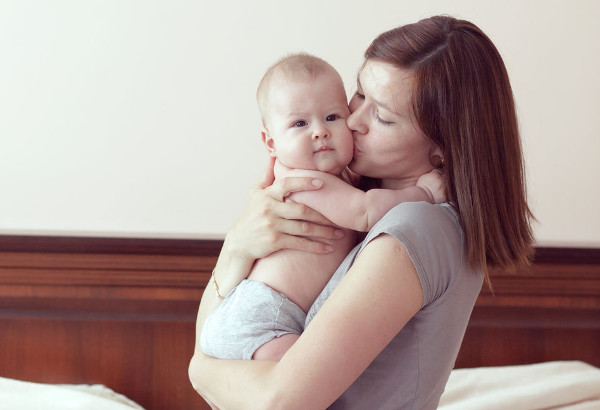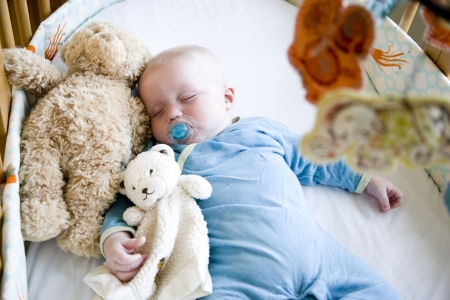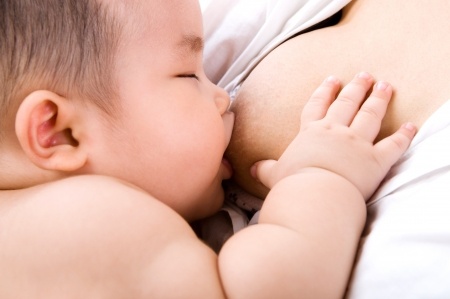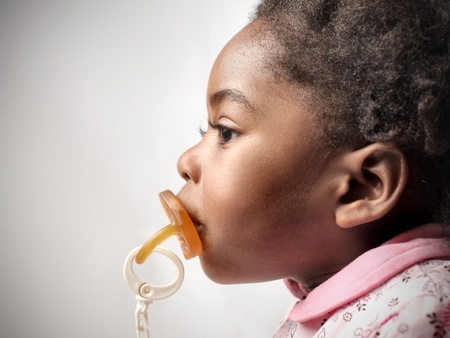Everything is new to your baby. Eating, sleeping, diaper issues, the surroundings. There are so many reasons for your little one to be fussy and sometimes you may not fully understand the cause for his frustration. But a very common cause for fussy babies is gas and we’re here to help!
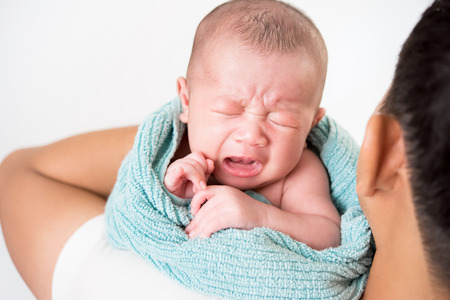
Is your baby gassy?
Gas is a common problem with babies as they only consume milk during their first 3 to 4 months. As gas can affect both breastfed and bottle-fed babies, all babies will experience gas as their digestive systems are growing.
Paediatricians say babies can pass up to 13 to 21 times every day!
If you notice that he is generally happy in between episodes and not too distressed while passing gas, that is a sign that it is normal.
Signs of Gas
1. Fussiness
Some parents say gas cries are sharper as your baby is in pain. Her cries may be accompanied with grunting, face turning red, clenching of fists and pulling up of legs.
2. Bloating
If a baby’s abdomen appears swollen and bloated, this may mean there is a built-up of gas and the pressure causes pain and discomfort.
3. Cramping
Generally, if your little one’s knees are pulled up into the chest or ‘arch’ backwards, it means she is having cramps.
4. Excessive Burping
Burping is the process of expelling air but if excessive burping is causing your baby to be fussy, your little one is most probably in discomfort.
Causes of Gas
- Crying
Swallowing air is inevitable but during episodes of intense crying, your baby will gulp more air than normal and these air bubbles can get trapped in their stomach, causing abdominal pains.

⇒ Related Read: How to make a baby stop crying
- Immature digestion
As your baby’s digestive system is growing, digesting is new to them. Muscles that support digestion have not fully developed and they may also still lack the probiotics that aid digestion. Hence, any incomplete breakdown of food and/or milk can result in excessive gas and diarrhoea.
⇒ Related Read: How to Choose The Most Suitable Probiotics for Your Whole Family
- Introduction of new foods
As your baby’s digestive system is still learning to function, any new foods can make her gassy. Citrus fruits and juices are high in fructose and sucrose; and certain vegetables like broccoli and cauliflower can be gas-inducing.
- Overfeeding
Overfeeding or incorrect feeding can cause your baby to swallow air and increase intestinal gas. This may be caused by a poor latch on the breast or bottle feeding in a vertical position.
- Not enough water
Water is only recommended for babies older than 6 months old. Drinking water will not eliminate gassiness but it can prevent constipation as it keeps the body hydrated.
How to Get Rid of Gas
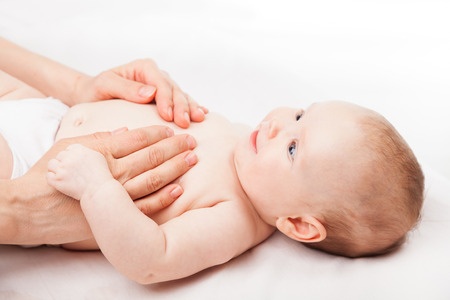
There are many techniques to soothe your baby’s gassiness and parents can use all sorts of tips and tricks to comfort them. In no particular order, here are 15 ways you can try with your little one!
- Burp during and after feeding
- Feed baby at the right angle (Breastfeeding)
- Use the right bottle (Bottle Feeding)
- Switch formulas (Bottle Feeding)
- Drinking water
- Tummy massage
- Use a warm compress on tummy
- Take warm baths
- Gas drops
- Gripe water
- Introduce probiotics (i.e. yogurt)
- Move legs in a bicycle motion
- Gentle rubs on the back
- Swaddling
- Colic hold
This too shall pass
A gassy baby is common and fussiness in babies is even more common and perfectly normal. Remember every baby will get gas from time to time and it is a natural part of digestion.
By Lynette Kwan.
Like what you see here? Get parenting tips and stories straight to your inbox! Join our mailing list here.
Want to be heard 👂 and seen 👀 by over 100,000 parents in Singapore? We can help! Leave your contact here and we’ll be in touch.





































